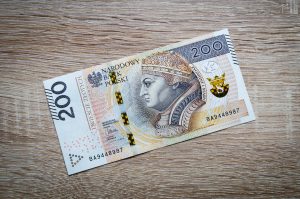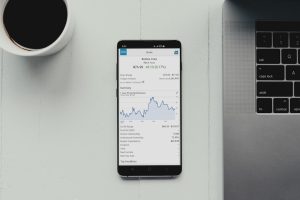The forex market, also known as the foreign exchange market, is the largest and most liquid financial market in the world. It operates 24 hours a day, five days a week, allowing traders to buy, sell, and exchange currencies at any time. However, it is important to note that the market does have specific opening and closing times, which can vary depending on the location and trading session.
Forex Market Trading Sessions
The forex market is divided into four major trading sessions, each with its own opening and closing times. These sessions are:
1. Sydney (Australia) Session: This session opens at 10:00 PM GMT (5:00 PM EST) and closes at 7:00 AM GMT (2:00 AM EST).
2. Tokyo (Japan) Session: This session opens at 12:00 AM GMT (7:00 PM EST) and closes at 9:00 AM GMT (4:00 AM EST).
3. London (United Kingdom) Session: This session opens at 8:00 AM GMT (3:00 AM EST) and closes at 5:00 PM GMT (12:00 PM EST).
4. New York (United States) Session: This session opens at 1:00 PM GMT (8:00 AM EST) and closes at 10:00 PM GMT (5:00 PM EST).
It is important to note that the forex market is closed on weekends, which means that trading is not available from Friday afternoon (5:00 PM EST) until Sunday evening (5:00 PM EST). Additionally, some national holidays may affect trading hours, so it is important to stay informed about these events.
Why Trading Hours Matter
Understanding the opening and closing times of the forex market is essential for traders, as it allows them to plan their trading strategies and make informed decisions based on market trends and events. For example, traders may choose to focus on the London or New York sessions, as these tend to be the most active and volatile, with higher trading volumes and tighter spreads.
Moreover, some currency pairs may be more active during certain trading sessions, depending on their geographical location and economic activity. For instance, the AUD/USD and NZD/USD pairs tend to be more active during the Sydney and Tokyo sessions, while the EUR/USD and GBP/USD pairs are more active during the London and New York sessions.
Furthermore, trading hours can also affect market liquidity, which refers to the ease with which traders can buy or sell a particular currency pair without affecting its price. During periods of low liquidity, such as outside of trading hours or during national holidays, spreads may widen and prices may become more volatile, which can increase the risk of slippage and losses.
In conclusion, the forex market operates 24 hours a day, five days a week, with specific opening and closing times for each trading session. Understanding these hours is crucial for traders, as it allows them to plan their strategies, take advantage of market trends, and minimize the risk of losses. It is important to stay informed about any changes to trading hours due to national holidays or other events, and to always monitor market liquidity and volatility.













